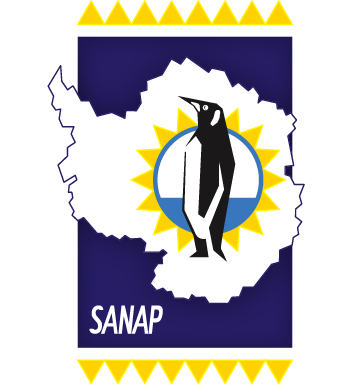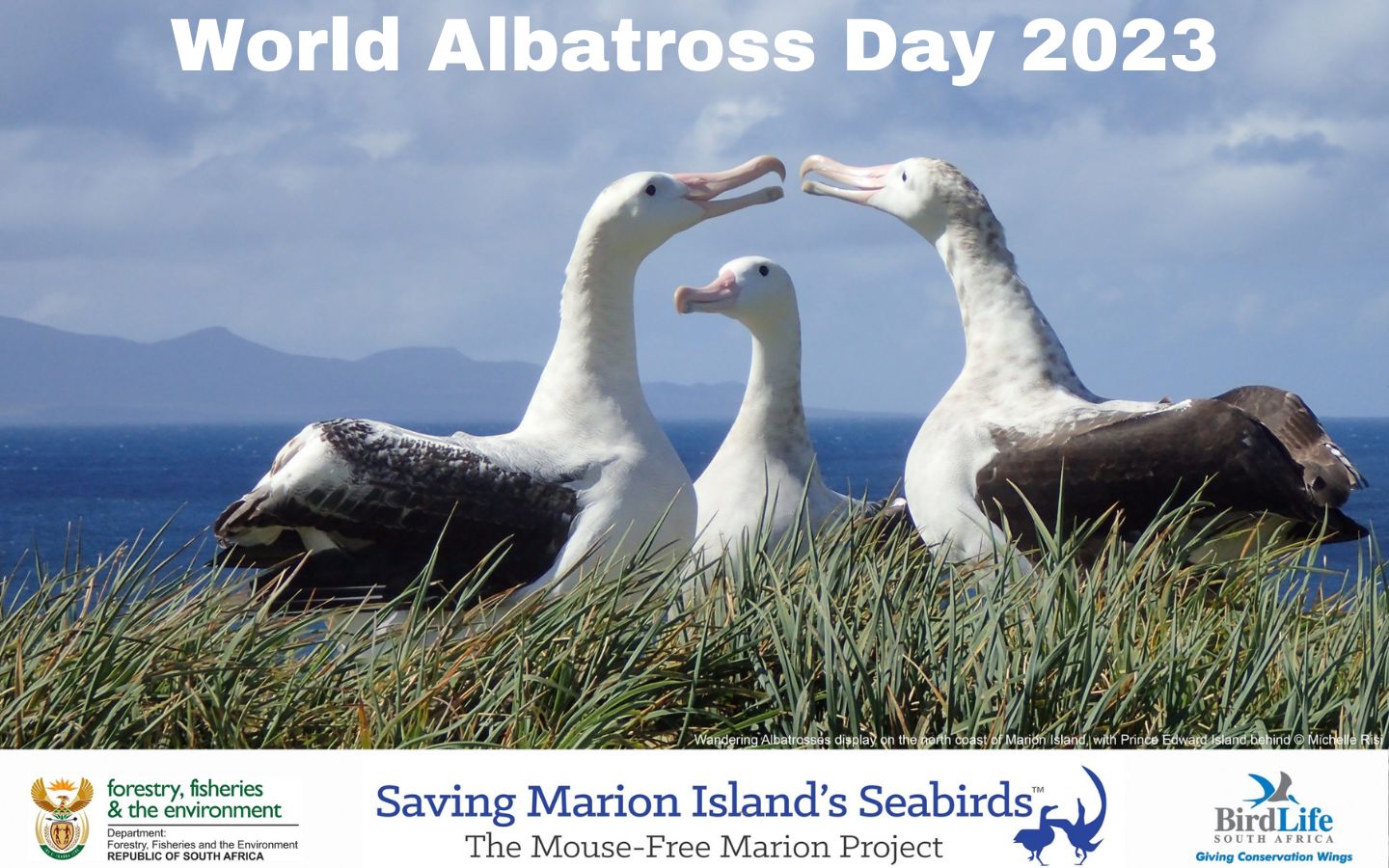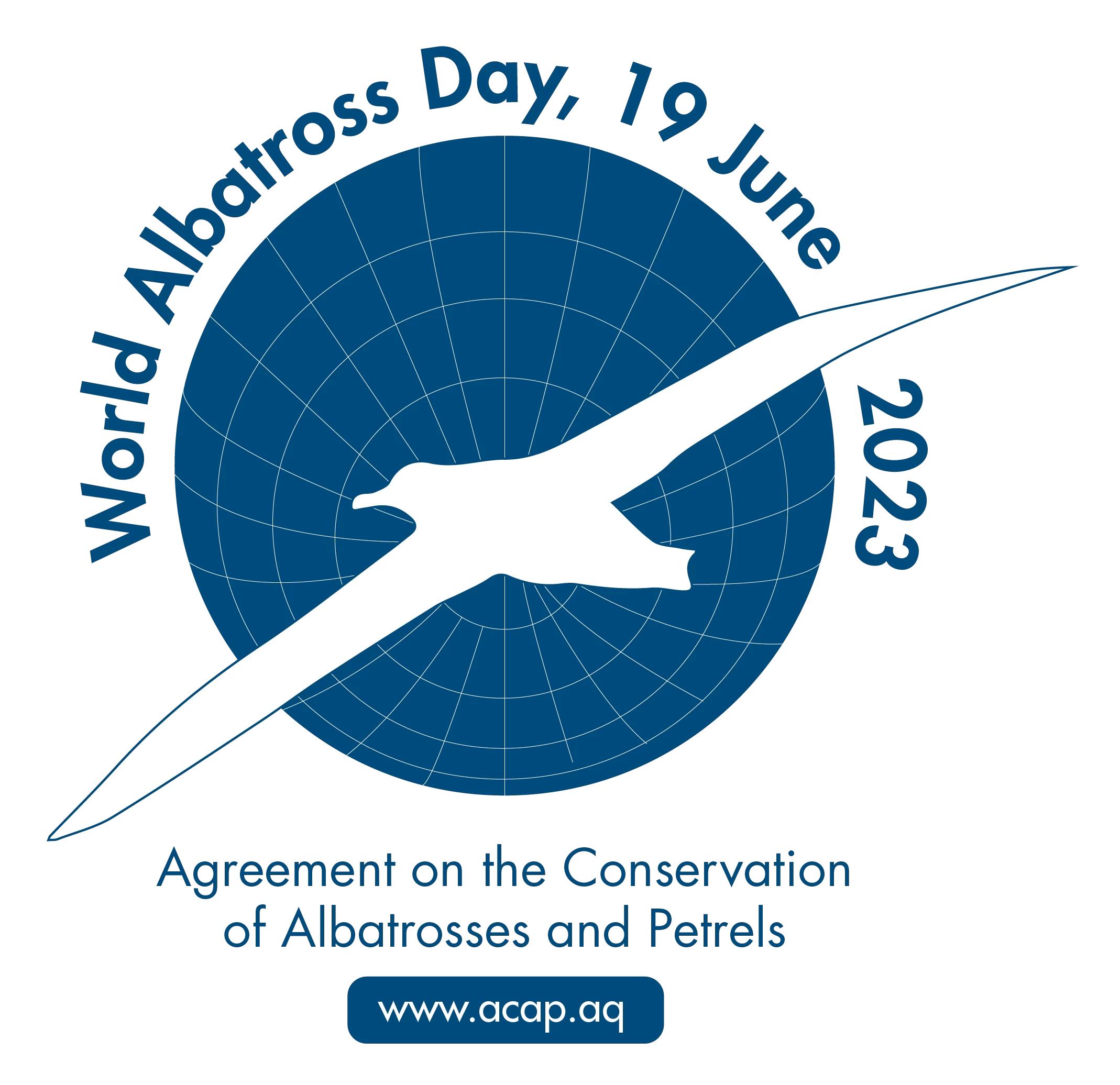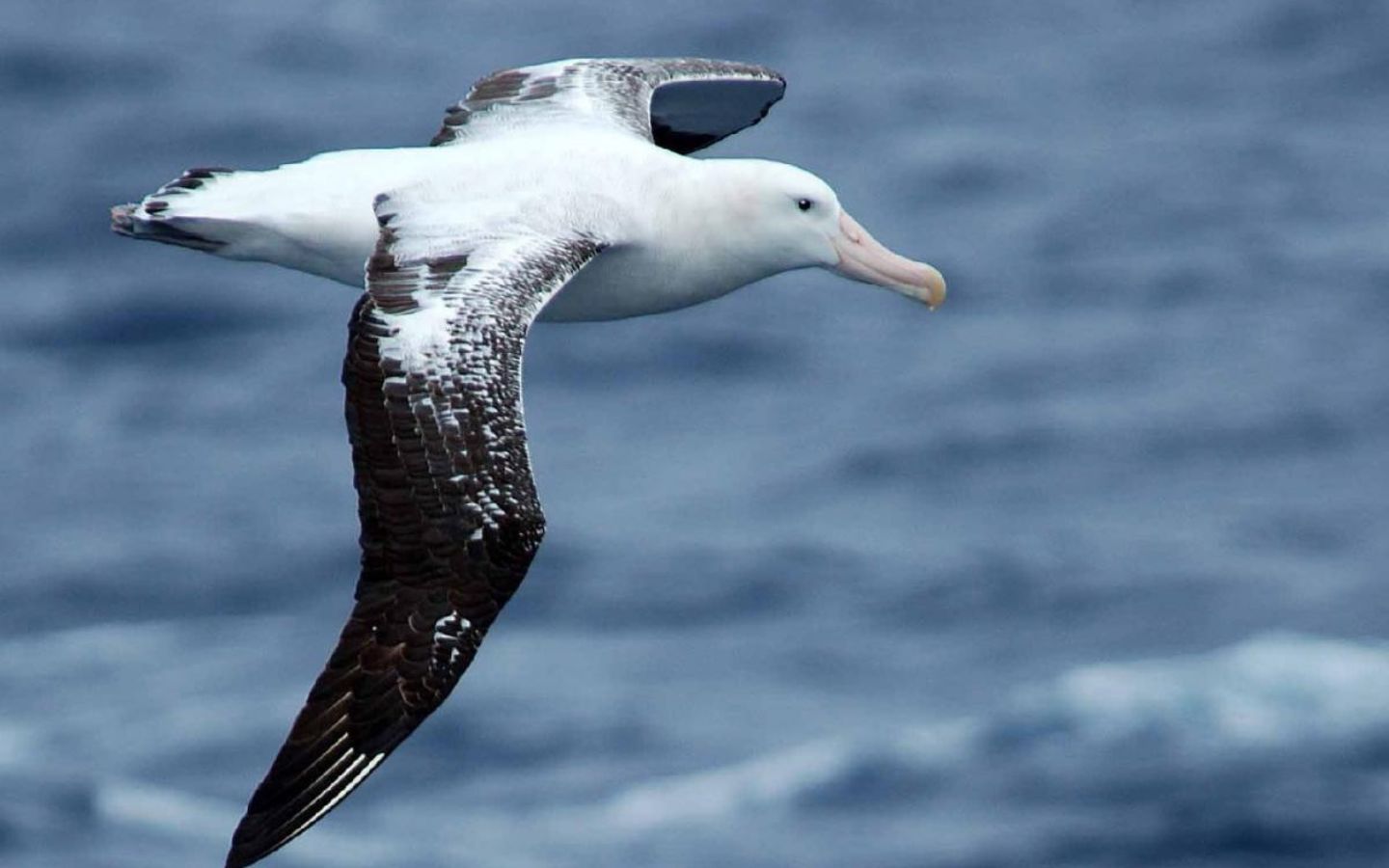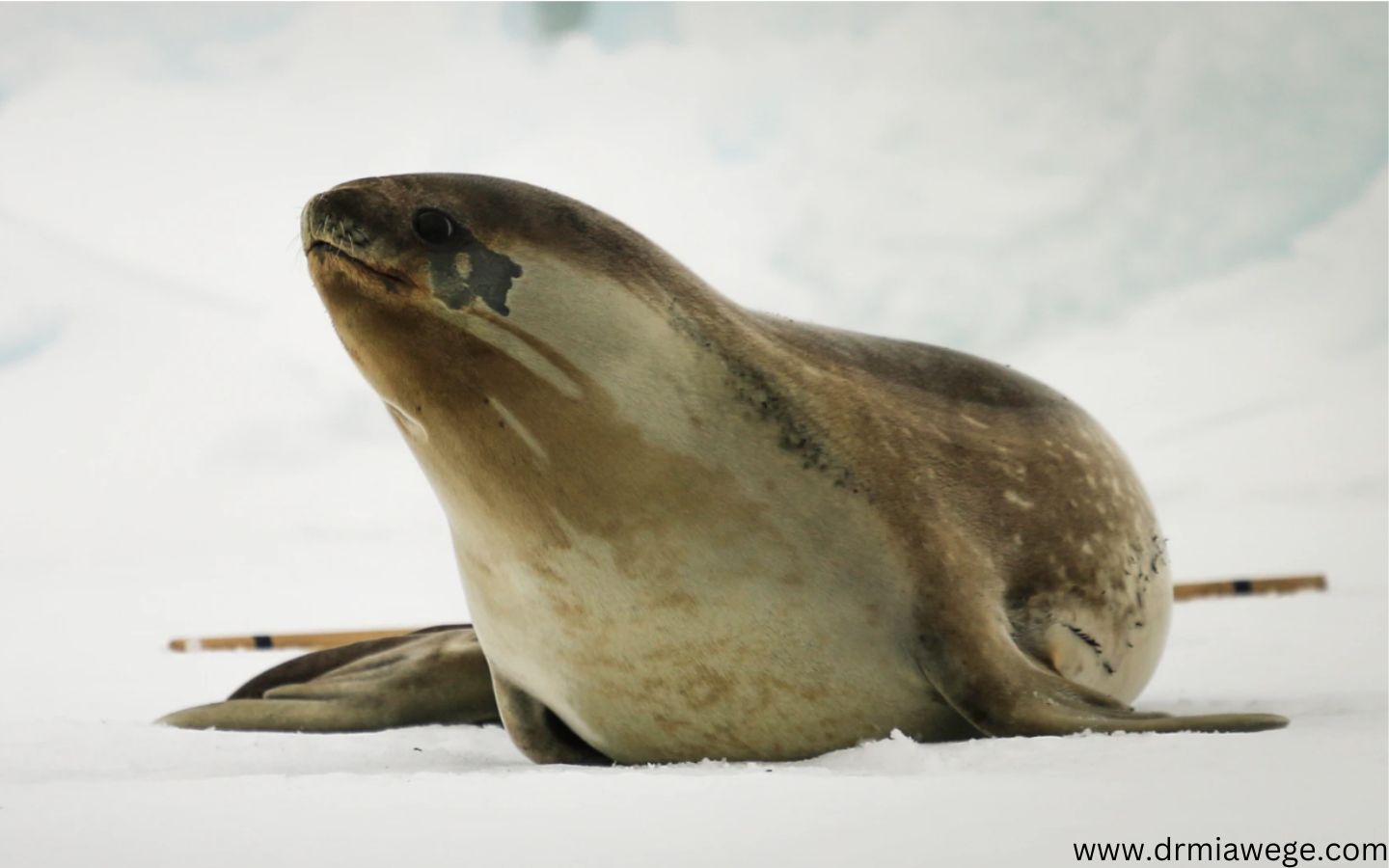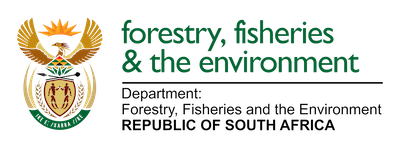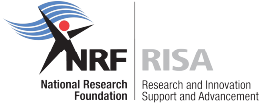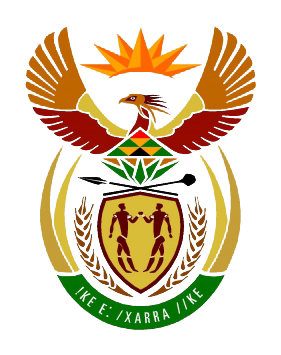
by Ria Olivier | Jun 21, 2023 | Antarctica, Gough Island, International Days, Marion Island, Midwinter, Overwintering Team
We wish the South African team on Antarctica (SANAE 62), Marion Island (Marion 80) and Gough Island (Gough 68) a Happy Midwinter!
See midwinter greeting cards from the stations below.
Antarctica, SANAE 62
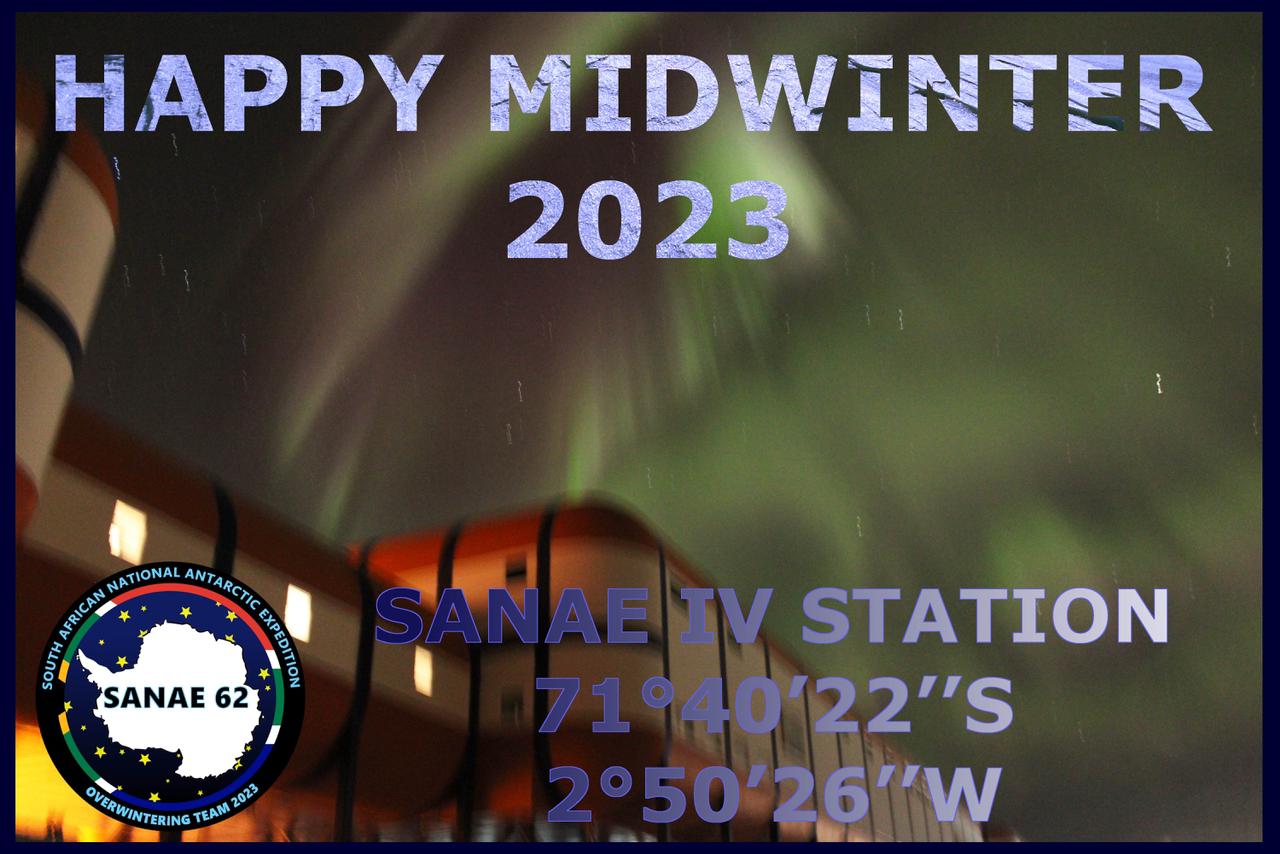
Marion Island, Marion 80
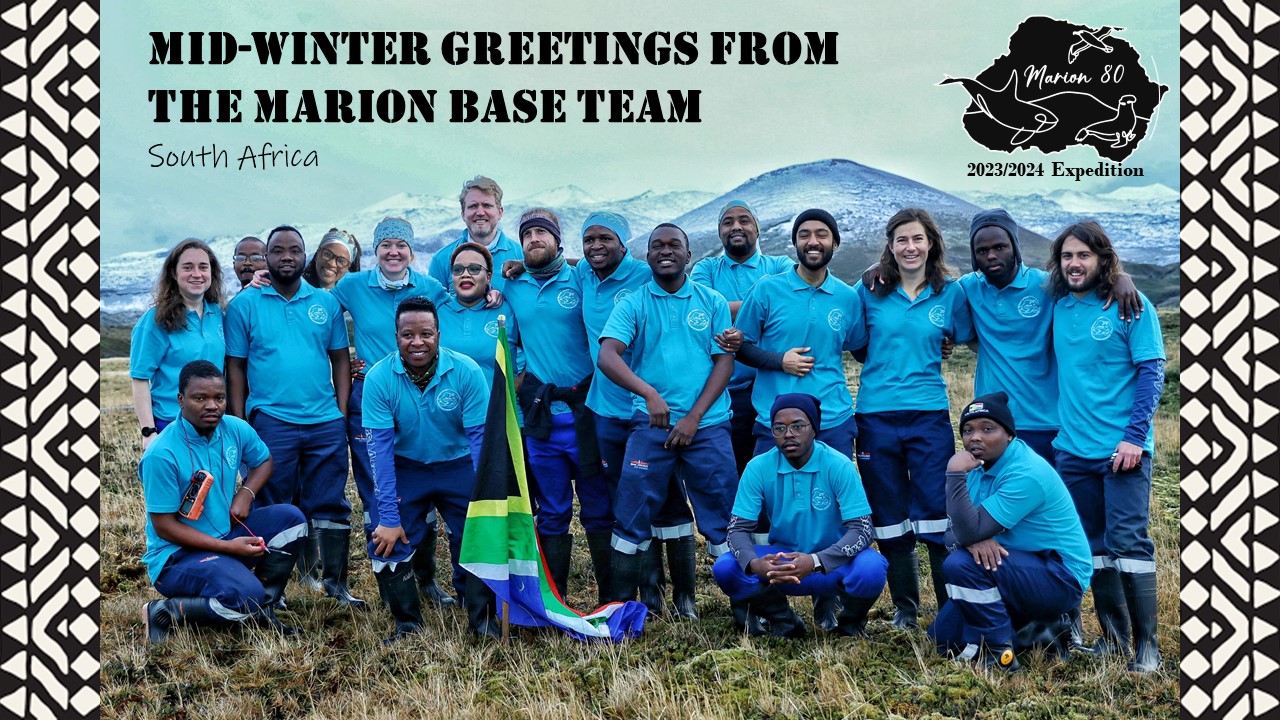
Gough Island, Gough68
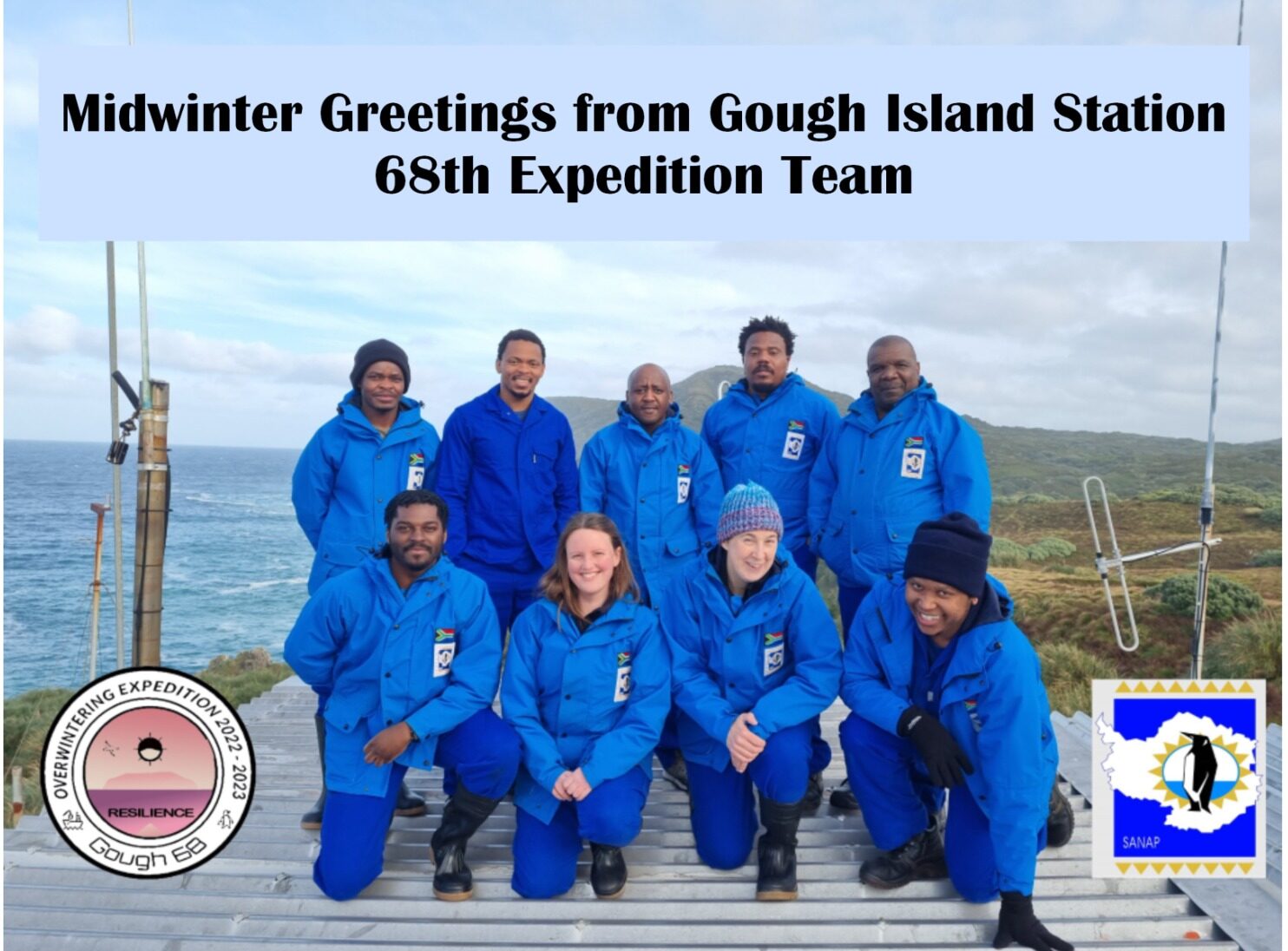
VIDEOS:
Follow APECS South Arica on Instagram for video interviews from Antarctica, to be posted throughout this week.
The first interview is with Dr. Abby Paton, Medical doctor at SANAE IV.
Scan the QR code below on click on the image to watch the interview.
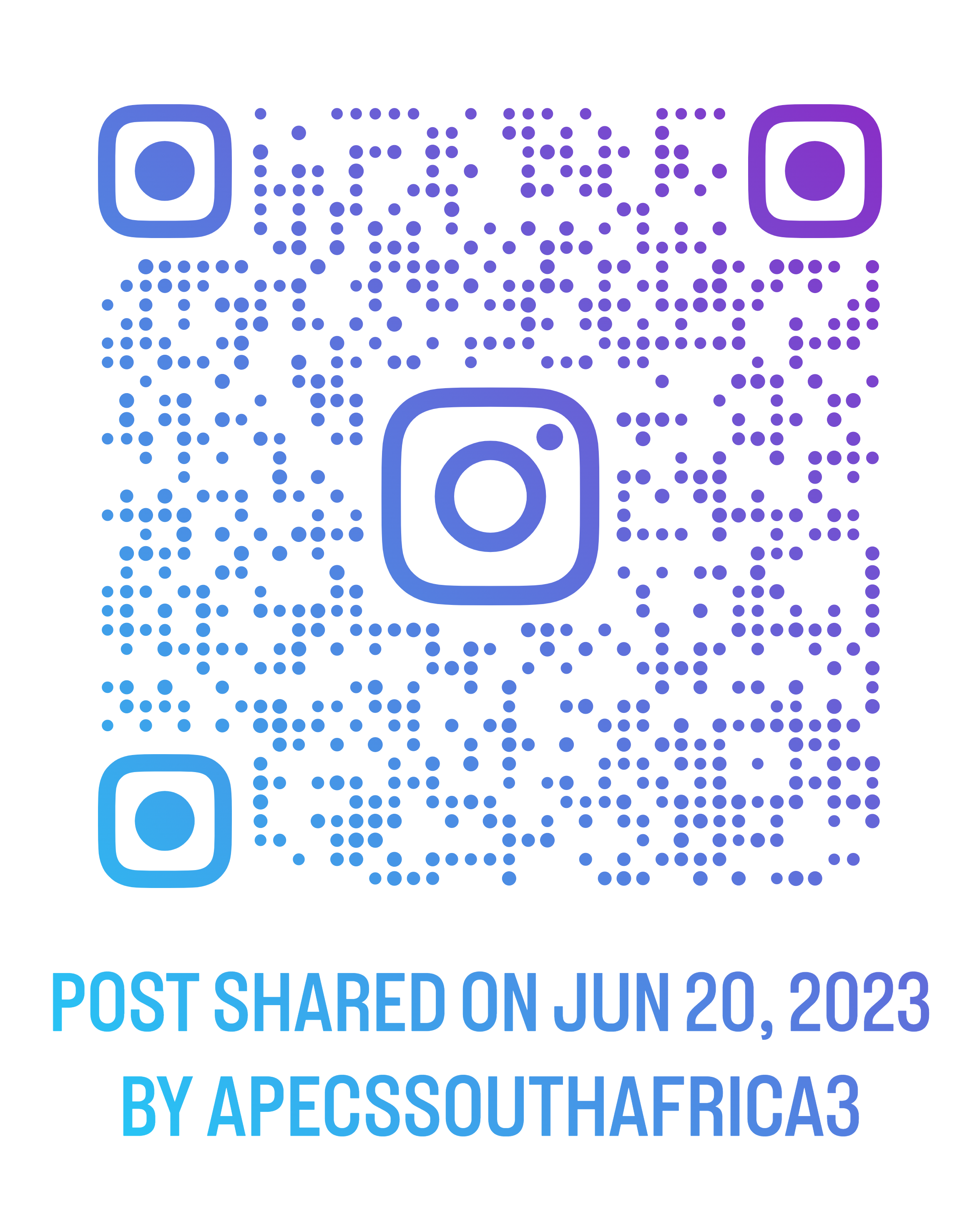
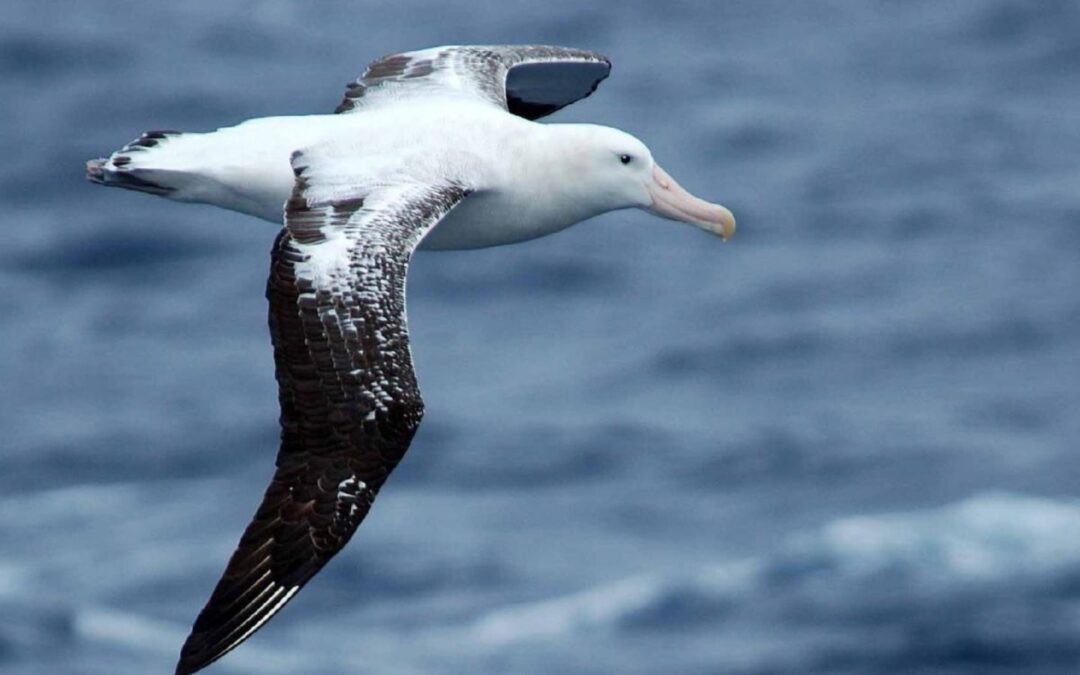
by Rabia Mathakutha | Jun 19, 2023 | Antarctica, Current Event, Environment, Important Dates, International Days, Invasion Biology, Marion Island, Mice Eradication, Research, SANAP, SAPolarRI, SAPRI, Southern Ocean, sub-Antarctic, Uncategorised
On 19th of June, the world comes together to celebrate World Albatross Day, an annual event dedicated to raising awareness about these magnificent seabirds and the conservation challenges they face. World Albatross Day serves as a crucial platform to educate and inspire action to protect these iconic ocean wanderers. With their graceful flight and important ecological role, albatrosses deserve our attention and concerted efforts for their survival.
South Africa is a long-standing Party to the International Agreement on the Conservation of Albatrosses and Petrels (ACAP). The agreement was brought into existence on 1 February 2004. The day also falls on the date of the signing of the Agreement 22 years ago. ACAP has chosen the theme “Plastic Pollution” to mark the fourth World Albatross Day, to be celebrated on 19 June 2023. This follows the inaugural theme “Eradicating Island Pests” in 2020, “Ensuring Albatross-friendly Fisheries” in 2021, and “Climate Change” last year in 2022.
Albatrosses close to home
Multiple species of albatross are found across the Southern Ocean. This includes Antarctic, sub-Antarctic and subtropical waters. These albatrosses breed on sub-Antarctic and Antarctic islands including South Africa’s sub-Antarctic Marion Island. Marion Island holds significant breeding populations of four albatross species – the Wandering Diomedea exulans, Grey-headed, Light-mantled Phoebetria palpebrata and Sooty Phoebetria fusca. In addition to this, two other species of albatrosses have been seen ashore on Marion Island – Black-browed and Indian Yellow-nosed Thalassarche carteri. To read more about the “other” two species of albatrosses recorded from Marion Island as uncovered by one of our researchers Kim Stevens, click here.
The Challenges Facing Albatrosses
Albatrosses face a range of challenges that threaten their survival. One of the most pressing issues is longline fishing, where albatrosses can become accidentally caught on fishing hooks, leading to injury or death. Pollution, habitat destruction, climate change, and invasive species on breeding islands also pose significant risks to their populations. World Albatross Day sheds light on these challenges and promotes measures to mitigate their impact. The pressing threats to Albatrosses in the Southern Ocean include invasive species on breeding islands, most notably, the house mice on Marion Island. Introduced to Marion Island by sealers in the early 19th century, the house mice have been inflicting devastating impacts on the ecology of the island, including killing its native seabirds.
Conservation Efforts and Awareness
The Mouse-Free Marion Project is a registered non-profit company in South Africa, established to eradicate the invasive albatross-killing mice on Marion Island. The project was initiated by BirdLife South Africa and the South African Department of Forestry, Fisheries and the Environment (DFFE). Upon successful completion, the project will restore the critical breeding habitat of over two million seabirds, many globally threatened, and improve the island’s resilience to a warming climate. For more information or to support the project please visit mousefreemarion.org.
May 2023: Barbara Creecy, Minister of Forestry, Fisheries, Forestry and the Environment, confirms government support for the Mouse-Free Marion Project in her budget speech.
What can you do?
In keeping with this year’s theme for World Albatross Day “Plastic Pollution”, as an individual you can participate by reducing plastic pollution, organising or joining local beach cleanups, where you can help remove litter and prevent it from reaching the oceans, including minimising the use of single-use plastics. Education plays a vital role in driving positive change for albatross conservation. Increase your understanding of albatross biology, their unique adaptations, the threats they face, and the ecological importance they hold in marine ecosystems by reading some of these selected publications here. By raising awareness and fostering partnerships, we can work collectively to safeguard albatross populations and their habitats.
Let us unite in our efforts to protect these majestic ocean wanderers and ensure a future where albatrosses continue to grace our oceans for generations to come.
YOU CAN HELP SAVE MARION ISLAND’S SEABIRDS
Images: The Mouse-Free Marion Project (text added to MFM poster) and Antarctic Legacy of South Africa (ALSA)
Rabia Mathakutha, South African Polar Research Infrastructure (SAPRI DPS Node), 19 June 2023
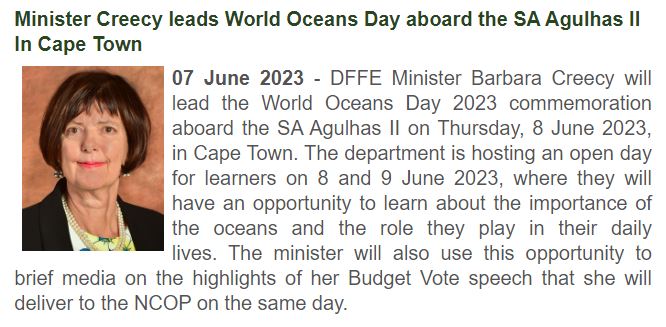
by Rabia Mathakutha | Jun 8, 2023 | Announcement, Antarctica, Commemorative Days, Current Event, Discover, Environment, Important Dates, International Days, Marine Protected Area, Oceanography, SA Agulhas II
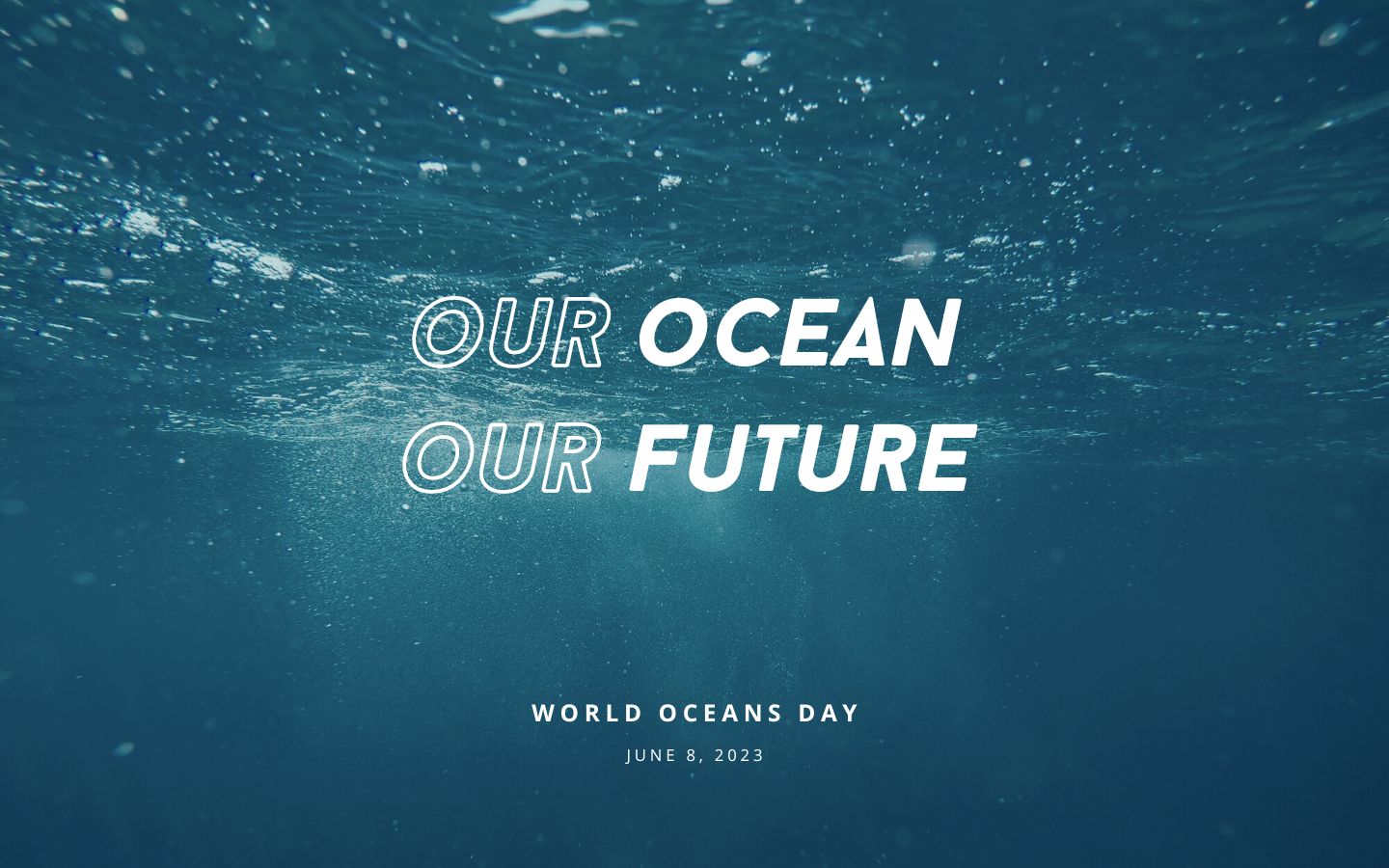
Preserving our precious marine ecosystems
Every year on the 8th of June, the world comes together to celebrate World Oceans Day, a global event dedicated to honouring and protecting our vast marine environments. This special day serves as a reminder of the significant role oceans play in sustaining life on Earth and the urgent need to conserve and restore their health. With over 70% of our planet covered by oceans, it is crucial to recognise the immense value they hold and take action to safeguard their future.
World Oceans Day is a day to appreciate the abundant biodiversity that thrives in these waters and reflect on the numerous benefits oceans provide, such as climate regulation, food security, and economic resources.
Event of interest on 8 June 2023
Significance of World Oceans Day
The delicate marine ecosystems face numerous threats, including pollution, overfishing, habitat destruction, and climate change. World Oceans Day emphasises the need to protect and restore these ecosystems through sustainable practices.
Promoting conservation efforts
What can you do?
Individuals can participate by organising or joining local beach cleanups, where they can help remove litter and prevent it from reaching the oceans. By minimising the use of single-use plastics and making environmentally conscious choices, individuals can also contribute to reducing pollution in our oceans.
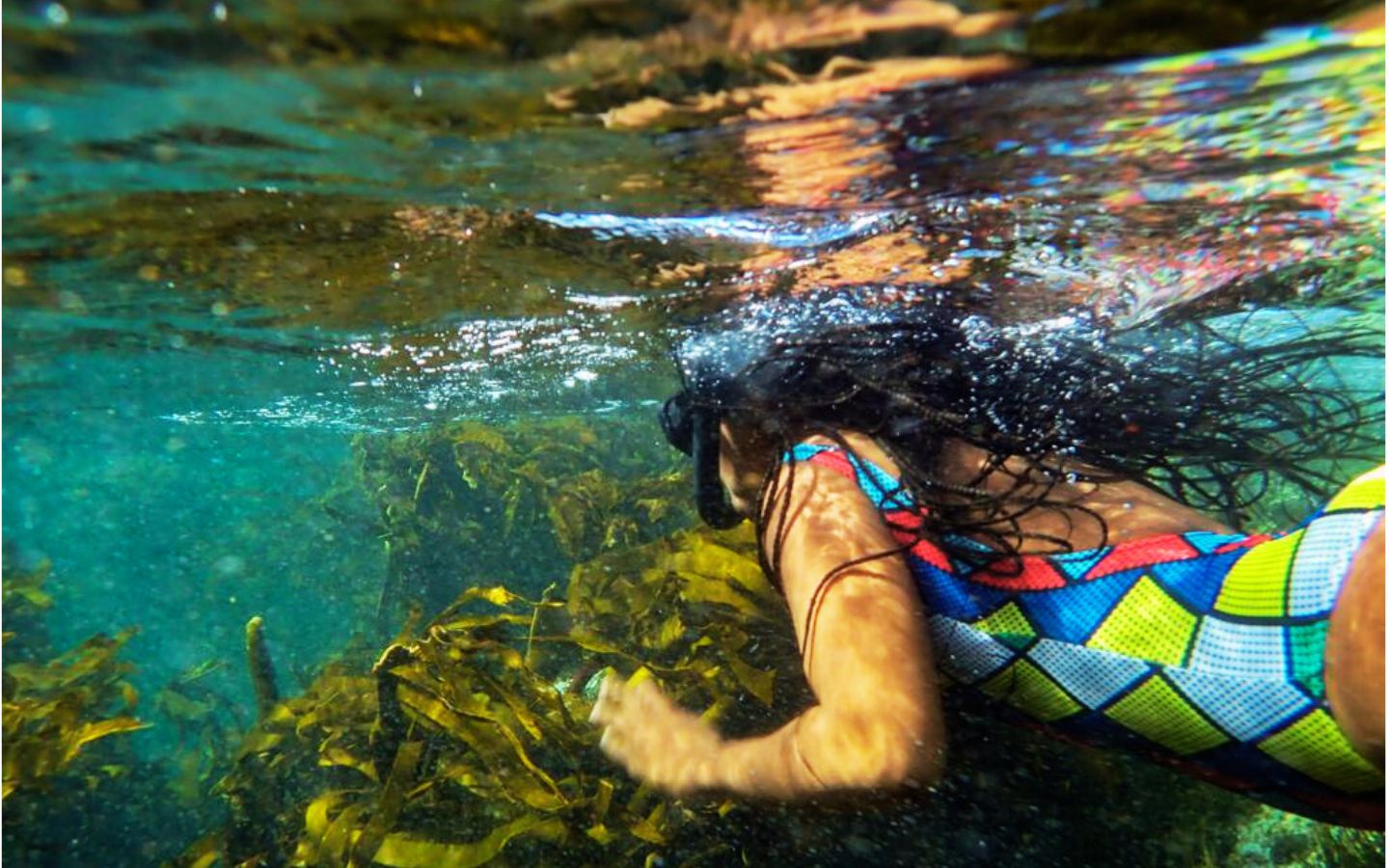
Recreational diving with a purpose. Cleaning the ocean one dive at a time. Image credit: Thando Mazomba.
Take-home message
World Oceans Day is an annual celebration that reminds us of the vital role oceans play in sustaining life on Earth. It urges us to recognise the urgent need to protect and restore marine ecosystems through sustainable practices, education, and policy changes. By coming together on this special day, we can create a collective voice for ocean conservation and work towards a future where our oceans thrive, benefiting both present and future generations. Let us celebrate World Oceans Day and commit to preserving the precious wonders of the deep blue.
On social media
Rabia Mathakutha & Anche Louw, South African Polar Research Infrastructure (SAPRI DPS Node), 08 June 2023
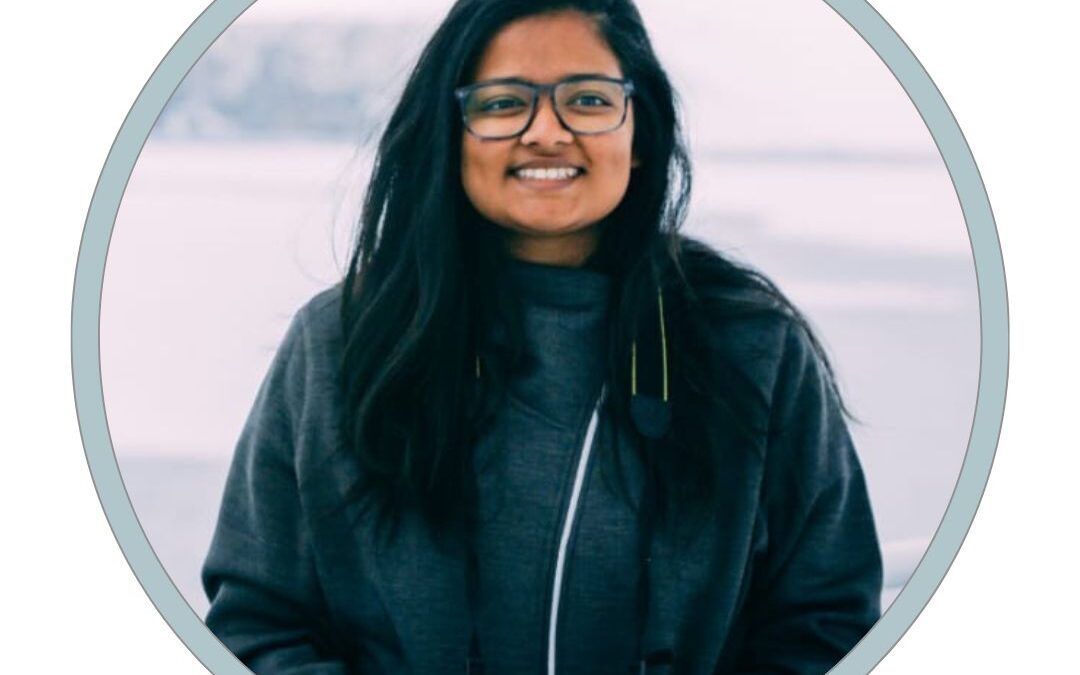
by Ria Olivier | Jun 7, 2023 | Announcement, Antarctica, News, Research, SA Polar Research Infrastructure, SAPolarRI, SAPRI, Science, Southern Ocean
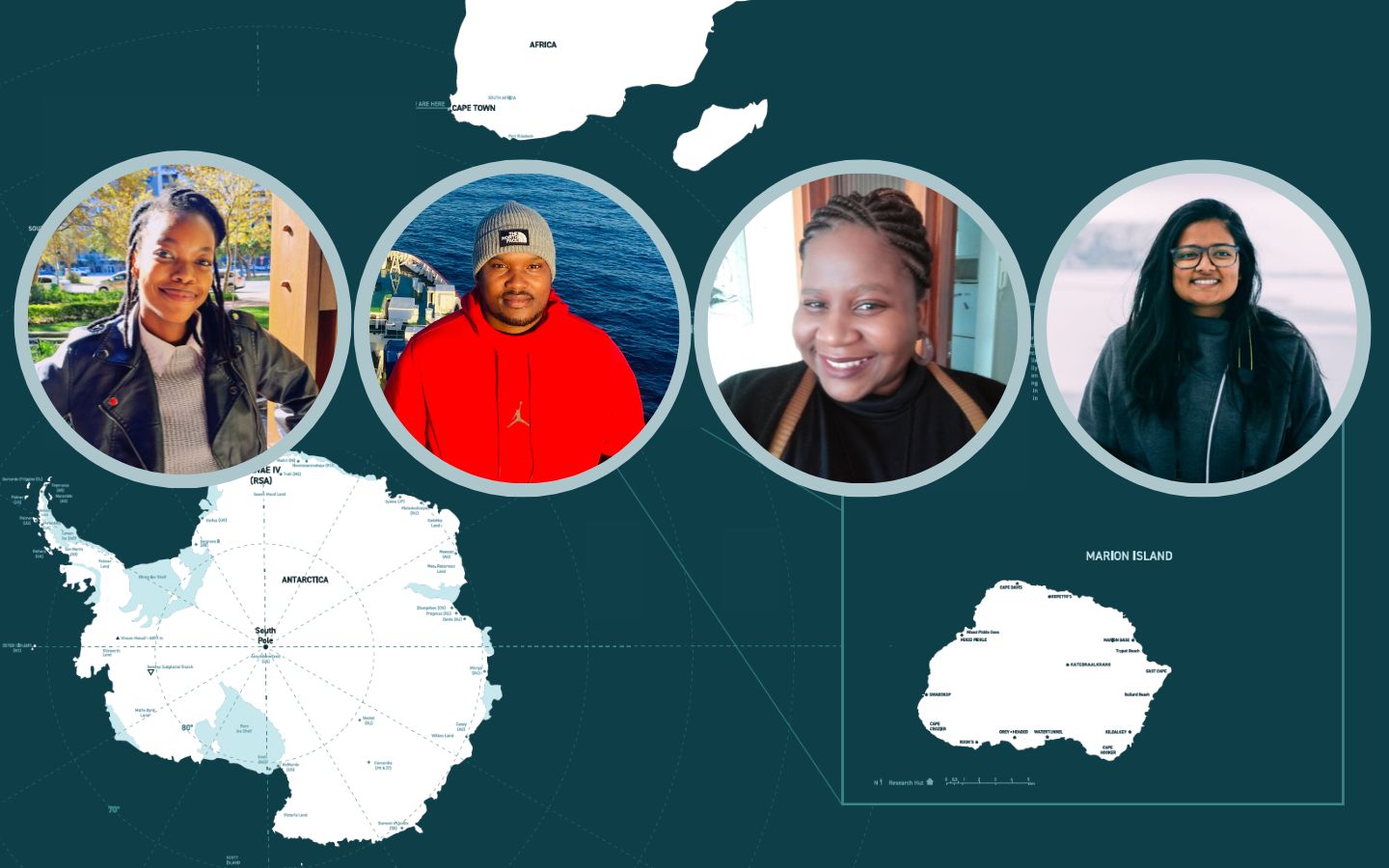
The South African Environmental Observation Network (SAEON) has employed four research coordinators under the South African Polar Research Infrastructure (SAPRI), for each of its four integrated facilities i.e. Data, Products and Society (DPS), Terrestrial Long-Term Observations (LTO-Land), Ocean Long-Term Observations (LTO-Ocean) and Polar Lab. They will mainly be based at the SAEON Egagasini Node, in Cape Town.
Meet the SAPRI Research Coordinators
Rabia Mathakutha
Research Coordinator: Data, Products and Society (DPS)
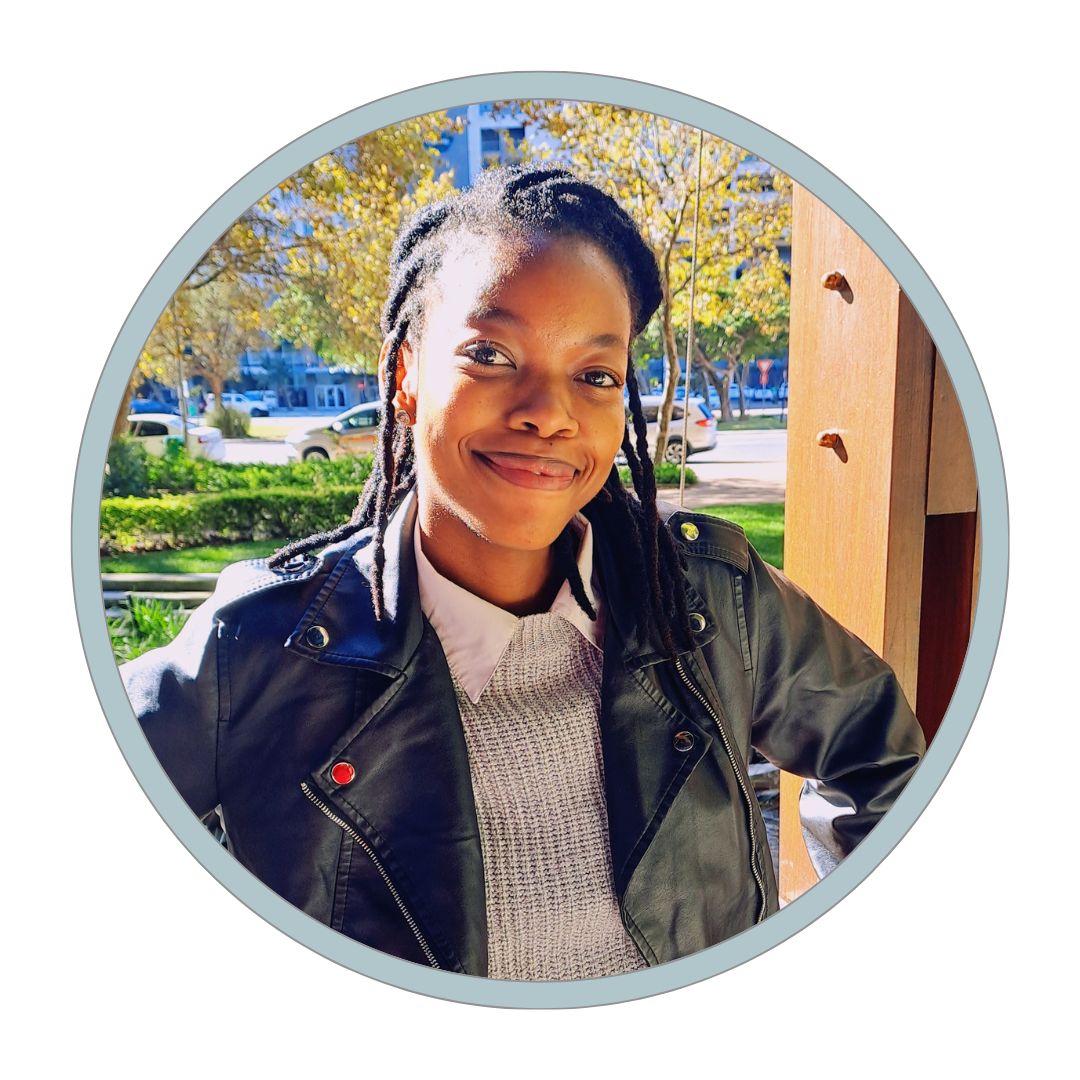 Rabia is a registered Natural Scientist with the South African Council for Natural Scientific Professions (SACNASP) in the field of Environmental Sciences. Rabia holds a Masters degree in Plant Science with a focus on understanding plant invasion potential and climate change responses in the sub-Antarctic region. Rabia has experience in the environmental consulting industry, having worked as a freshwater ecologist and advising clients in terms of relevant environmental legislation and policies as part of the Environmental Impact Assessment (EIA) process. This has given her a range of capabilities that suit her new role as Research Coordinator for the Data, Products and Society Integrated Facility. Her knowledge and background in sub-Antarctic and polar research places her well within the focus of SAPRI. Her work experience in the private sector has equipped her with leadership and stakeholder engagement skills and experience that are valuable as a research coordinator, and brings a fresh outlook to how science (and research infrastructure) is accessed, communicated and how data is managed – key functions of DPS.
Rabia is a registered Natural Scientist with the South African Council for Natural Scientific Professions (SACNASP) in the field of Environmental Sciences. Rabia holds a Masters degree in Plant Science with a focus on understanding plant invasion potential and climate change responses in the sub-Antarctic region. Rabia has experience in the environmental consulting industry, having worked as a freshwater ecologist and advising clients in terms of relevant environmental legislation and policies as part of the Environmental Impact Assessment (EIA) process. This has given her a range of capabilities that suit her new role as Research Coordinator for the Data, Products and Society Integrated Facility. Her knowledge and background in sub-Antarctic and polar research places her well within the focus of SAPRI. Her work experience in the private sector has equipped her with leadership and stakeholder engagement skills and experience that are valuable as a research coordinator, and brings a fresh outlook to how science (and research infrastructure) is accessed, communicated and how data is managed – key functions of DPS.
Abuyiselwe Athandile Nguna
Research Coordinator: Terrestrial Long-Term Observations (LTO-Land)
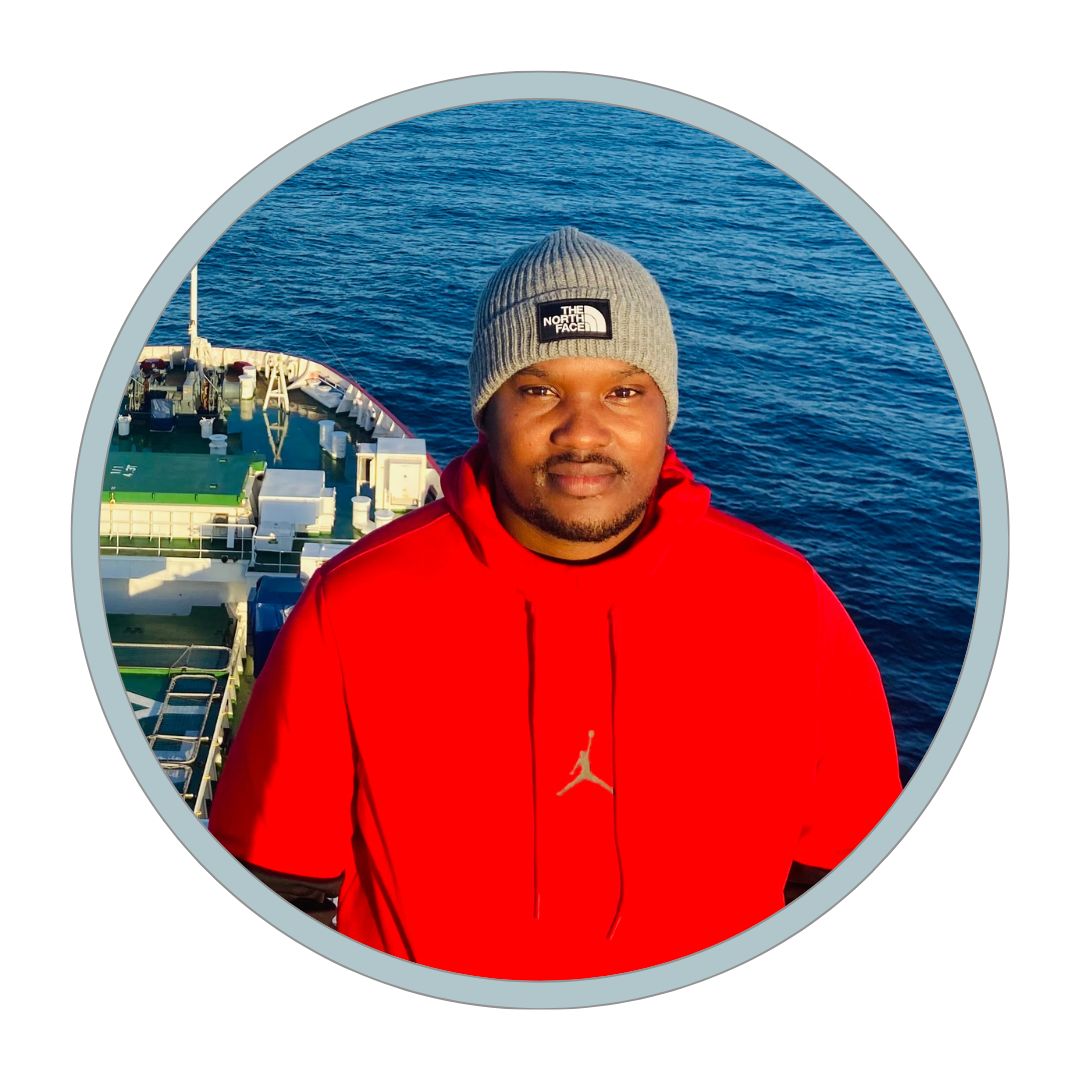 Abuyiselwe, friendly known as Abu, hails from the small town of Komani in the Eastern Cape. His passion in science led him to pursue postgraduate studies. Abu has been focused on periglacial aeolian process research for almost a decade now as he pursues his Ph.D. in Geography. Abu has been part of two overwintering teams on the sub-Antarctic Marion Island, which has given him a vast experience in sub-Antarctic and polar research. Abu is excited to take on his new role within SAPRI and SAEON, where he can continue to build his career and play a part in South African polar research reaching its potential and expanding to the rest of Africa. His work within the Sub-Antarctic Landscape and Climate interactions (SALCi) group has equipped Abu with skills in leadership, data management, proposal writing and efficiency, and of course the love for the sub- Antarctic and the Southern Ocean.
Abuyiselwe, friendly known as Abu, hails from the small town of Komani in the Eastern Cape. His passion in science led him to pursue postgraduate studies. Abu has been focused on periglacial aeolian process research for almost a decade now as he pursues his Ph.D. in Geography. Abu has been part of two overwintering teams on the sub-Antarctic Marion Island, which has given him a vast experience in sub-Antarctic and polar research. Abu is excited to take on his new role within SAPRI and SAEON, where he can continue to build his career and play a part in South African polar research reaching its potential and expanding to the rest of Africa. His work within the Sub-Antarctic Landscape and Climate interactions (SALCi) group has equipped Abu with skills in leadership, data management, proposal writing and efficiency, and of course the love for the sub- Antarctic and the Southern Ocean.
Precious Mahlalela
Research Coordinator: Ocean Long-Term Observations (LTO-Ocean)
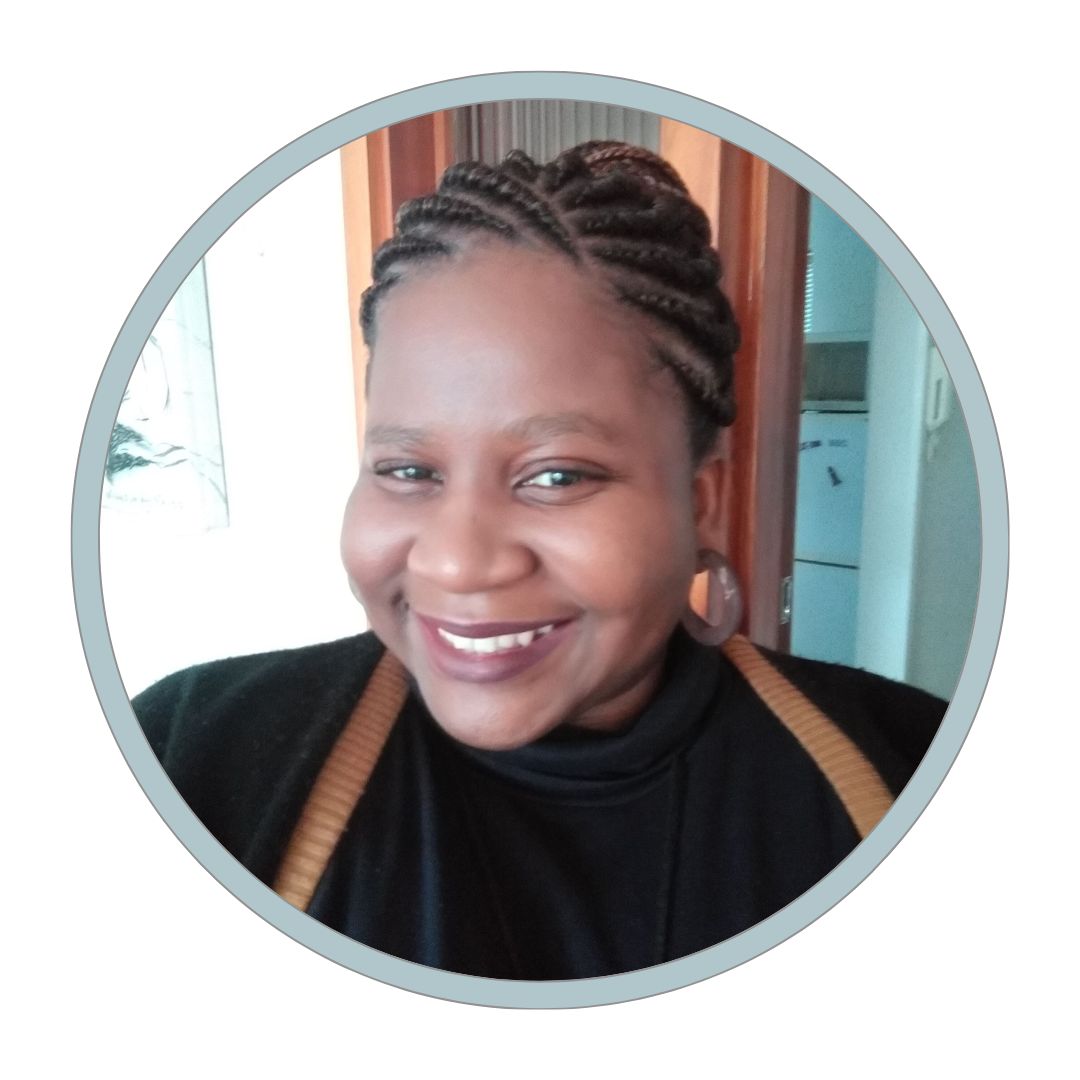 Precious holds a Ph.D. in Ocean and Atmospheric Science with a focus on climate variability. Precious brings a remarkable depth of knowledge and expertise to the team. She has a strong academic background in physical oceanography, atmospheric science, and environmental science. This interdisciplinary training enables her to explore the intricate interplay between the ocean and the atmosphere, shedding light on the dynamic processes that shape our global climate. As a Research Coordinator, Precious assumes a pivotal role in supporting SAPRI’s long-term ocean initiatives. She actively contributes to the development and maintenance of data infrastructure, ensuring smooth research processes for the integrated facility stakeholders. Her meticulous attention to detail and analytical skills contribute to the collection and analysis of valuable data that will help the polar research community better understand our oceans. Outside of her research pursuits, Precious enjoys engaging in community outreach programs and sharing her knowledge and passion for the environment with others. Through these efforts, she strives to inspire the next generation of scientists and foster a sense of environmental stewardship.
Precious holds a Ph.D. in Ocean and Atmospheric Science with a focus on climate variability. Precious brings a remarkable depth of knowledge and expertise to the team. She has a strong academic background in physical oceanography, atmospheric science, and environmental science. This interdisciplinary training enables her to explore the intricate interplay between the ocean and the atmosphere, shedding light on the dynamic processes that shape our global climate. As a Research Coordinator, Precious assumes a pivotal role in supporting SAPRI’s long-term ocean initiatives. She actively contributes to the development and maintenance of data infrastructure, ensuring smooth research processes for the integrated facility stakeholders. Her meticulous attention to detail and analytical skills contribute to the collection and analysis of valuable data that will help the polar research community better understand our oceans. Outside of her research pursuits, Precious enjoys engaging in community outreach programs and sharing her knowledge and passion for the environment with others. Through these efforts, she strives to inspire the next generation of scientists and foster a sense of environmental stewardship.
Riesna R. Audh
Research Coordinator: Polar Lab
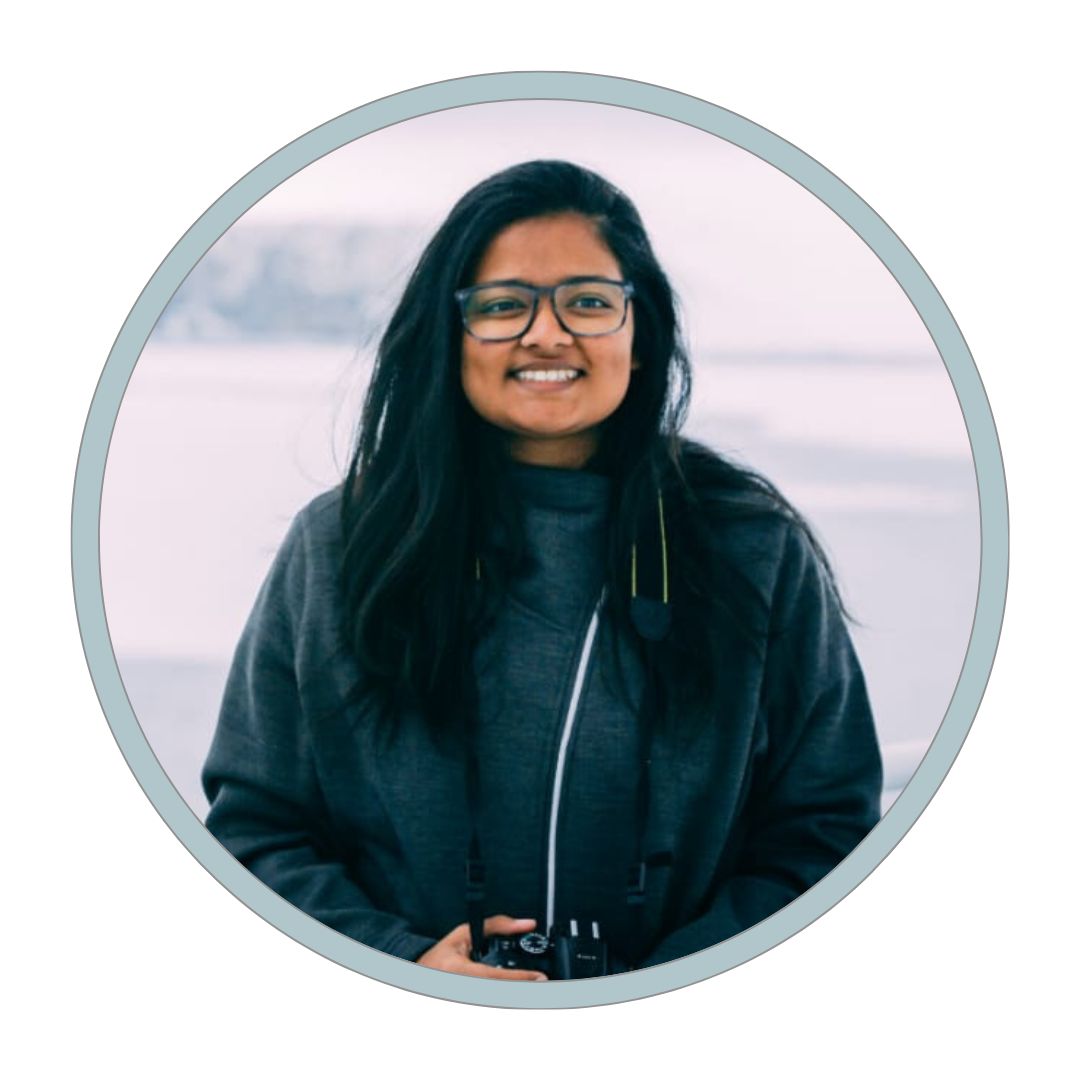 Riesna is the Research Coordinator for the SAPRI Polar Lab. She has a background in polar oceanography and a passion for all things Antarctica. She has helped to develop the field protocols employed by South African researchers on sea ice research and contributed to the knowledge and available data of the polar regions through her Ph.D. research on the biogeochemistry of sea ice in the Antarctic marginal ice zone (MIZ). Riesna believes that science should be accessible and inclusive and intends to use her position to showcase polar research amongst researchers and non-researchers alike. She is a firm believer that collaboration across institutions and disciplines is crucial for the future of polar research and that accessibility, inclusivity and visibility are vital in order to grow this field and encourage the next generation of polar researchers.
Riesna is the Research Coordinator for the SAPRI Polar Lab. She has a background in polar oceanography and a passion for all things Antarctica. She has helped to develop the field protocols employed by South African researchers on sea ice research and contributed to the knowledge and available data of the polar regions through her Ph.D. research on the biogeochemistry of sea ice in the Antarctic marginal ice zone (MIZ). Riesna believes that science should be accessible and inclusive and intends to use her position to showcase polar research amongst researchers and non-researchers alike. She is a firm believer that collaboration across institutions and disciplines is crucial for the future of polar research and that accessibility, inclusivity and visibility are vital in order to grow this field and encourage the next generation of polar researchers.
Read more about SAPRI – click on the link below!
Text supplied by SAPRI Research Coordinators.
Anche Louw, South African Polar Research Infrastructure (SAPRI DPS Node), 07 June 2023
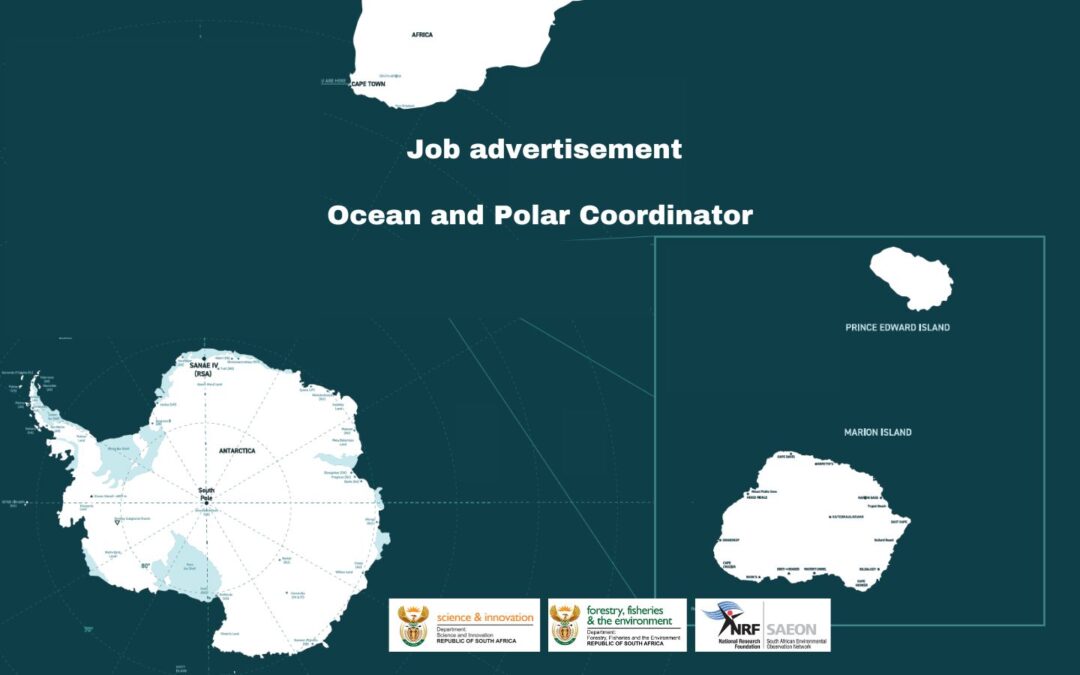
by Ria Olivier | May 24, 2023 | Announcement, Antarctica, Jobs, Marine Protected Area, Oceanography, Research, SA Agulhas II, SA Polar Research Infrastructure, SANAP, SAPolarRI, SAPRI, Science, Southern Ocean, sub-Antarctic
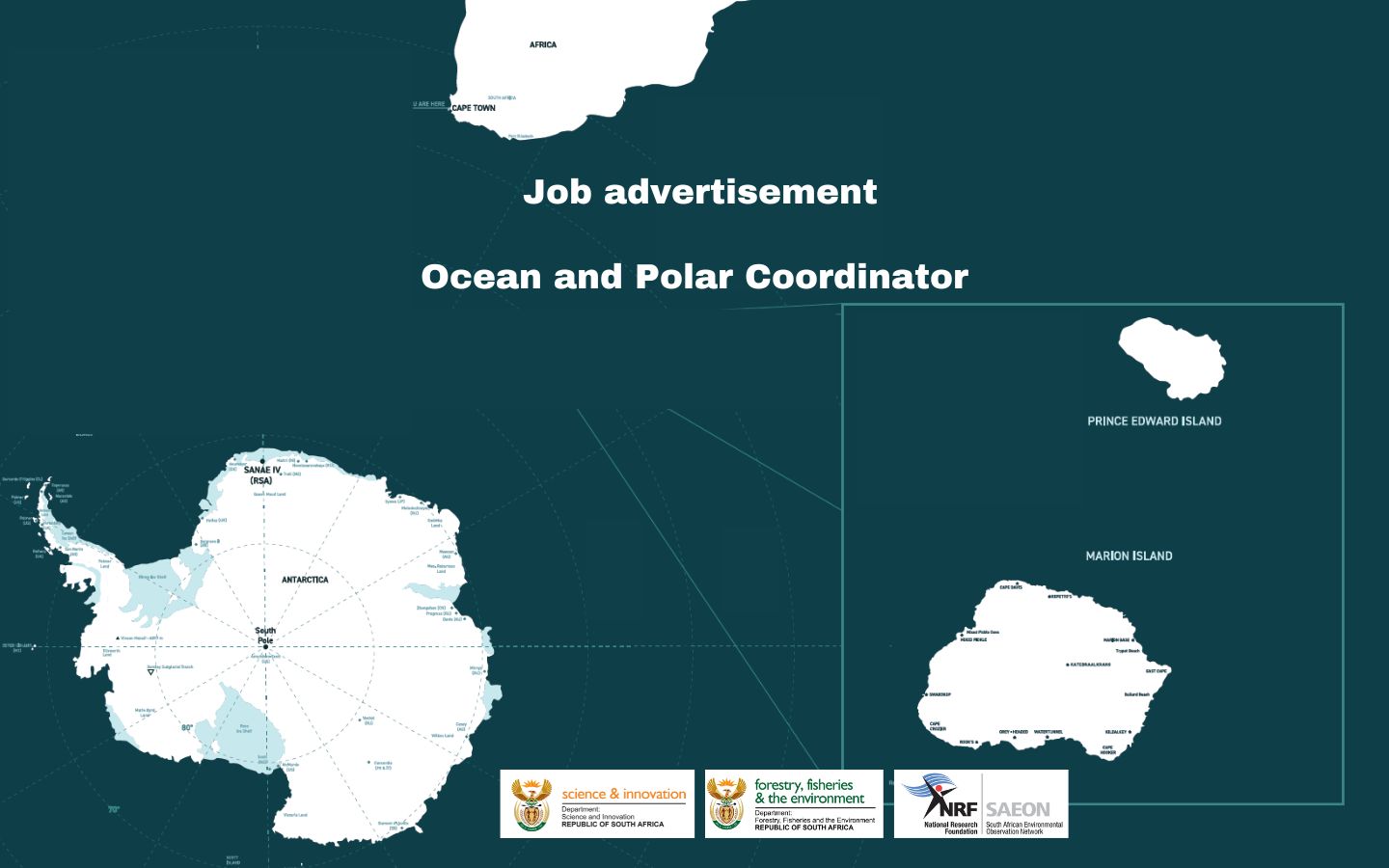
As per job advertisement:
The South African Environmental Observation Network (SAEON) is a research platform funded by the Department of Science and Innovation (DSI) and managed by the National Research Foundation (NRF).
SAEON is mandated to establish and manage long-term environmental observatories; maintain reliable long-term environmental data sets; promote access to data for research and/or informed decision making; and contribute to capacity building.
The SAEON Egagasini Node, based in Cape Town, Western Cape, requires the services of a:
Ocean and Polar Coordinator for day-to-day scientific, operational and logistical coordination.
Application Closing Date: 05 June 2023
Click on the link below:
Position: Ocean and Polar Coordinator
Read more about SAPRI – click on the link below!
South African Polar Research Infrastructure (SAPRI): Feedback and start of the Preparatory Phase
Anche Louw, South African Polar Research Infrastructure (SAPRI DPS Node), 24 May 2023

by Ria Olivier | May 22, 2023 | Announcement, Antarctica, Research, SANAP, Science
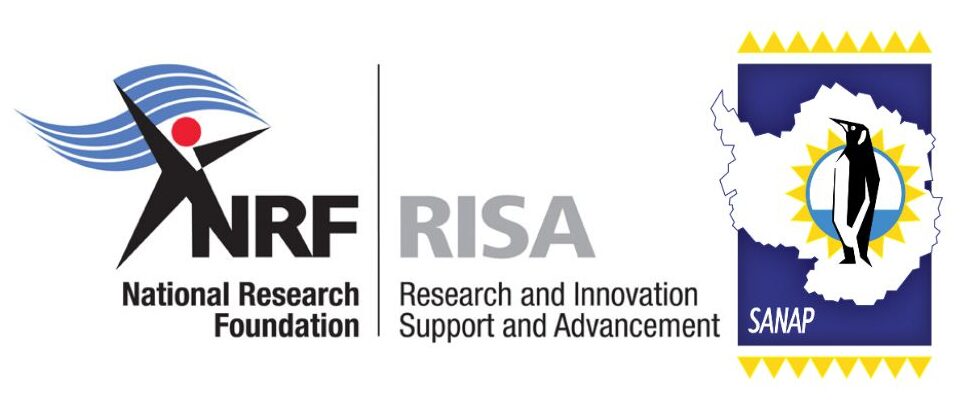
NRF-SANAP Funded Project:
Ross seal ecology, behaviour and physiology in a changing environment
Post-doctoral position available for a self-starting, motivated colleague who is interested in marine mammal ecology, specifically trophic dynamics, bulk and compound stable isotope analyses.
Research topic: Trophic dynamics of Ross seals in the Weddell Sea.
The candidate will analyse bulk stable isotope and compound-specific isotope data from amino acids to investigate the level of inter- and intra-individual dietary specialisation.
The position is funded for 24 months through an NRF South African National Antarctic Program Postdoctoral Grant at the University of South Africa (UNISA) and the University of Pretoria (Pretoria, South Africa). Project start date is as soon as the candidate is available.
Minimum Requirements:
- PhD in either ecology/zoology or related fields;
- Availability to travel to France for specialised laboratory work.
Added Advantages:
- Experience in working with isotopic data and/or marine mammals is preferred but not a requirement.
- Strong writing skills and an ability to adapt/learn quickly are major advantages.
Please note that the successful candidate will have to spend most of their time in Pretoria and remote work for the entire duration of the project is not possible.
Potential candidates who identify with groups traditionally under represented in the sciences are especially encouraged to apply. If you have questions or are interested in the position, please email Dr Mia Wege and/or Prof Trevor McIntyre and attach your CV and cover letter. Teaching and research statements are not needed.
Position will be open until filled.
Dr Mia Wege:
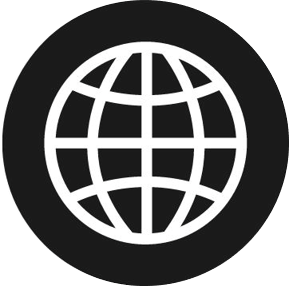

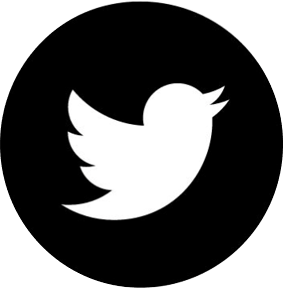
Prof Trevor McIntyre:



Text: Dr Mia Wege
Anche Louw, South African Polar Research Infrastructure (SAPRI DPS Node), 22 May 2023

